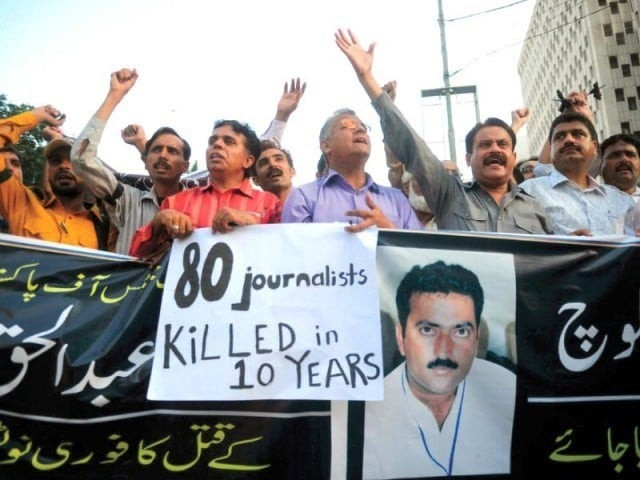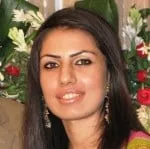On October 31, the Tribal Union of Journalists (TUJ) Pakistan was awarded a human rights award by a German organisation in a ceremony held in Berlin. The union president, Safdar Dawar, a native of Miramshah, North Waziristan, accepted the award on behalf of the union, his fellow journalists in Fata and all his colleagues who were killed while on duty.
When I first met him, he shared with me the story of his abduction by the intelligence agencies in Khost, Afghanistan in early 2000. He was released nine hours later following intervention by some influential people, and after he was found ‘clean’. The last time I met him in Kabul, he broke the news of the award to me. But the journey towards this award has not been easy. A lot of effort has been made and sacrifices rendered, with little or no appreciation and recognition.
Journalists in the tribal areas make daily attempts at survival in the rugged mountains that are witness to gunshots, cross-border shelling, militant attacks and targeted killings. In 2012 alone, five journalists lost their lives in the area. Being a native of the region myself, I realise how difficult it is to pursue a career in journalism. While I have seen journalists in my contact-chain being killed, I have also seen several quit and move to relatively ‘safe’ careers.
The pursuit of truth has never been free of risk but the peril level that journalists in Fata now face is something they have never encountered before. The journalist fraternity mourned for Abdul Haq Baloch, an ARY News correspondent who was shot on September 29 in Khuzdar and it condemned the October 7 killing of Mushtaq Khand in Khairpur, who worked for Dharti TV Network and Mehran, but what steps has the government taken to make this job safer?
Media organisations do not provide their war and militancy reporters life insurance or a job to a family member in case of loss of life on duty. Eighty per cent of journalists are underpaid and do not have health insurance.
What drives them on is the quest for truth and the hope to be recognised one day, as the TUJ has been, 20 years after it was formed.
Read more by Ayesha here.
Recognising journalists: Only an international trait?
The pursuit of truth has never been free of risk but the peril level that journalists in Fata now face is frightening.



COMMENTS
Comments are moderated and generally will be posted if they are on-topic and not abusive.
For more information, please see our Comments FAQ